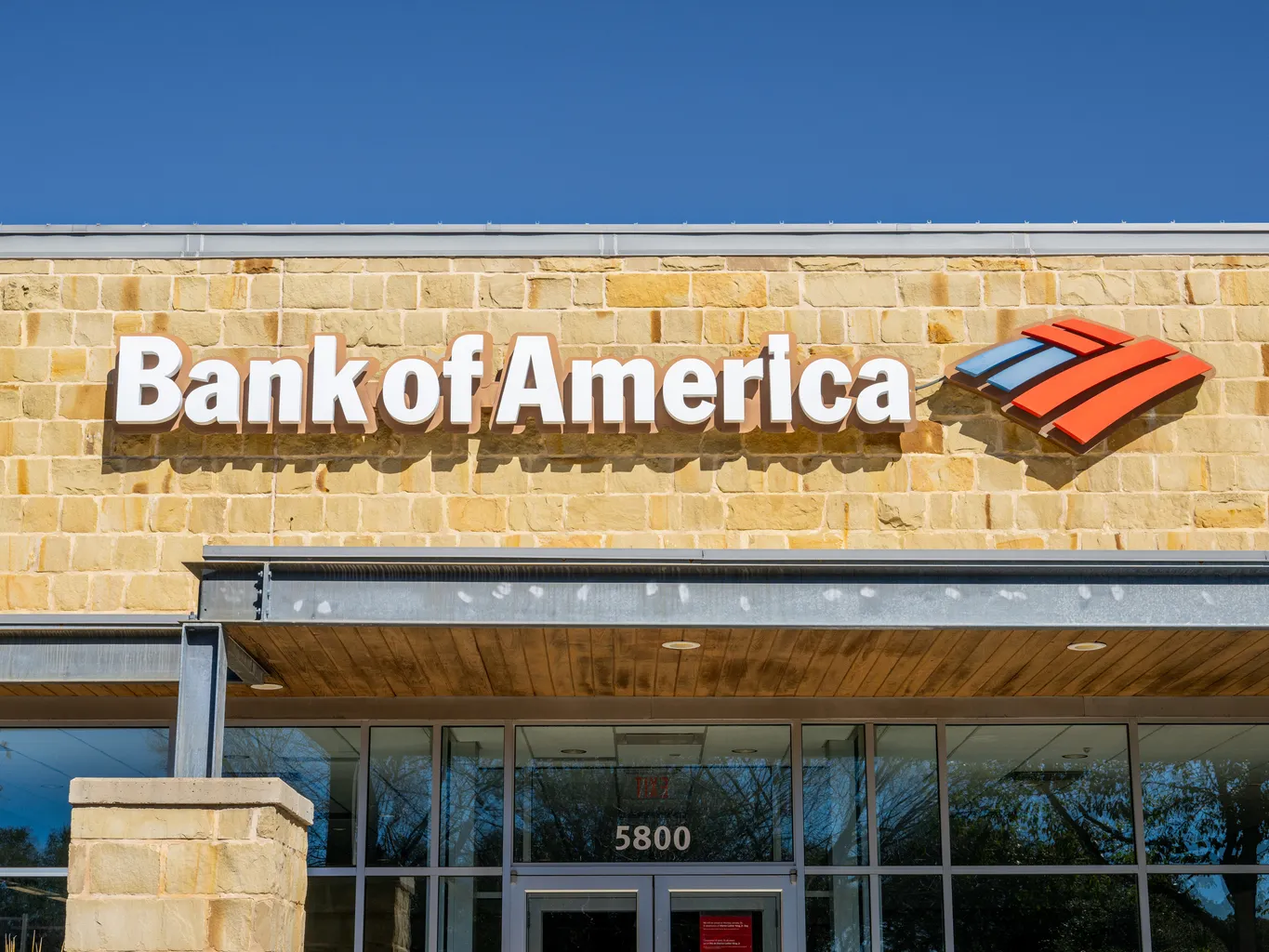Bank of America Merrill Lynch and Wells Fargo are now providing select clients access to spot bitcoin exchange-traded funds (ETFs), signaling a significant shift in the traditional banking sector’s approach to cryptocurrency investments. This development follows the U.S. Securities and Exchange Commission’s (SEC) approval of 11 spot bitcoin ETFs on January 10, marking a pivotal moment for digital asset investments within mainstream financial services.
Expanding Access to Bitcoin Investments
Clients with brokerage accounts at Merrill Lynch and Wells Fargo’s wealth management arm can now request transactions in spot bitcoin ETFs, joining other major platforms such as Fidelity, Charles Schwab, and Robinhood Markets in embracing this investment option. The move underscores the growing demand among investors for regulated, secure access to cryptocurrency markets through familiar financial institutions.
Wells Fargo has confirmed the availability of spot bitcoin ETFs for unsolicited purchases through both its advisory services and the Wellstrade online platform, while Bank of America Merrill Lynch has yet to comment publicly on the matter.
Record-Breaking Inflows and Trading Volume
The introduction of spot bitcoin ETFs has been met with unprecedented investor interest, with Blackrock’s Ishares Bitcoin Trust (IBIT) leading the charge in inflow and trading volume records. The rapid adoption of these ETFs across various investment platforms highlights the crypto asset’s burgeoning acceptance among both individual and institutional investors.
Fidelity, Charles Schwab, Robinhood Markets, and UBS Group AG are among the financial giants that have quickly integrated spot bitcoin ETFs into their offerings. Morgan Stanley is also reportedly considering adding these ETFs to its platform, further indicating the financial industry’s growing receptivity to cryptocurrency-based products.
A Cautious Stance from Vanguard
Despite the enthusiastic response from many investment platforms, Vanguard Group has expressed a more cautious approach, choosing not to offer spot bitcoin ETFs on its platform. Citing concerns over the asset class’s maturity, inherent economic value, and potential portfolio impact, Vanguard’s decision reflects the ongoing debate within the financial community regarding cryptocurrency investments.
